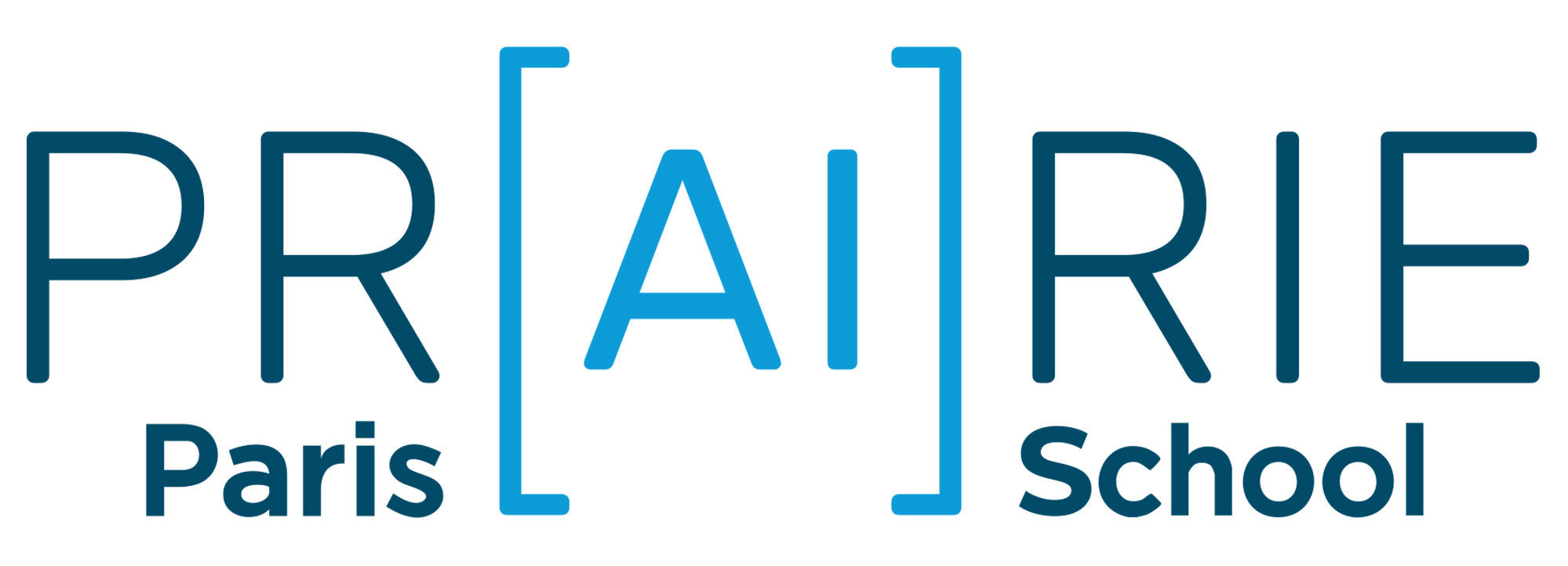Project Leader : Nicolas BAUMARD

Short bio
I am an evolutionary and computational social scientist: I use evolutionary psychology and computational sciences to study the content and dynamics of cultural phenomena. I ask myself questions like: Why has romantic love become increasingly important in human societies? Why are people interested in imaginary worlds? Why do moralistic religions appear only late in human history? Why do puritanical societies blame and punish seemingly harmless actions like masturbation or indulgence in food pleasure?
My work is thus at the intersection of the natural sciences (evolutionary biology, behavioral ecology, experimental psychology), the social sciences (social anthropology, economic history, political sciences) and the humanities (cultural history, moral philosophy, literary theory). I use all kinds of methods (evolutionary modelling, experiments, surveys, online data) and materials (portraits, novels, movies). I have an interdisciplinary academic training, combining degrees in the Humanities (BA and MA in Philosophy), Social Sciences (Licence in History, Master in Sociology), and the Natural Sciences (BA in Biology, MA in Cognitive Science). I did a PhD in Social Sciences under the supervision of cultural and cognitive scientist Dan Sperber. I then did a first post-doc at the School of Anthropology & Museum Ethnography of the University of Oxford and a second one at the Philosophy, Politics and Economics Program of the University of Pennsylvania before creating the Evolution and Social Cognition in the Department of Cognitive Sciences at the Ecole Normale Supérieure – PSL University in Paris.
I am now Research Director at the CNRS and Professor at the Ecole Normale Supérieure – PSL University in Paris. I supervise the Computational Cultural Sciences team. I am also the co-founder of Bunka, an exploration engine using social media data.
nicolas.baumard [at] psl.eu
Short abstract
Bunka is a search engine project based on recent research in cognitive sciences (importance of collective intelligence and visualization) and computational sciences (NLP, Machine Learning, networks). Bunka’s first innovation is to offer the user not a list of results, but a map of the informational territory of interest, which can then be explored in greater depth in the desired direction. Bunka’s second innovation is to organize the result maps using the collective intelligence produced by social networks. In Bunka’s maps and diagrams, two pieces of information are closer together if they are talking about the same thing or if they are present in the same online discussions, the same posts or the same newspaper articles, which naturally makes the information more relevant to the human mind. Bunka’s ambition is to allow a more autonomous, transparent, open to diversity and exploratory navigation.
Collaborators in the project
Charles de Dampierre : Doctorant ENS-PSL
Andrei Mogoutov : Ingénieur ENS-PSL
